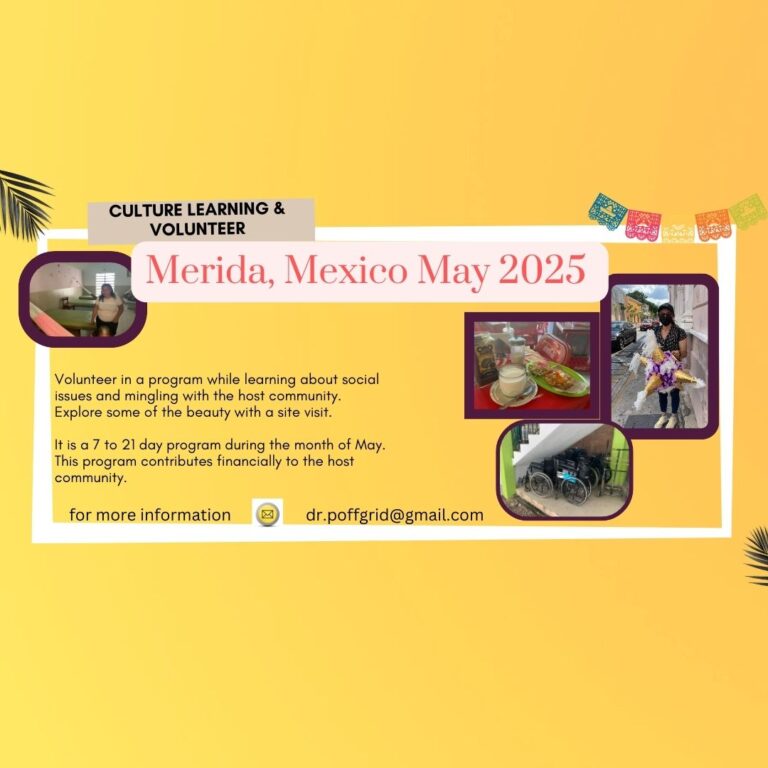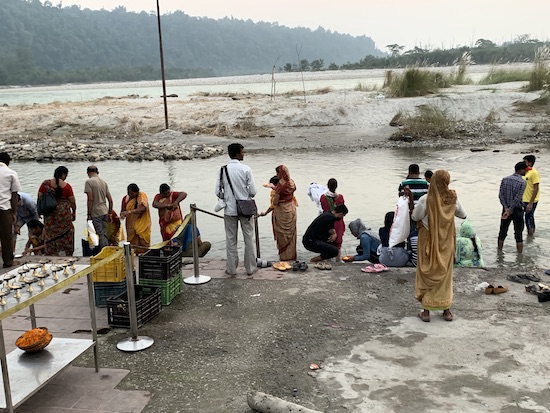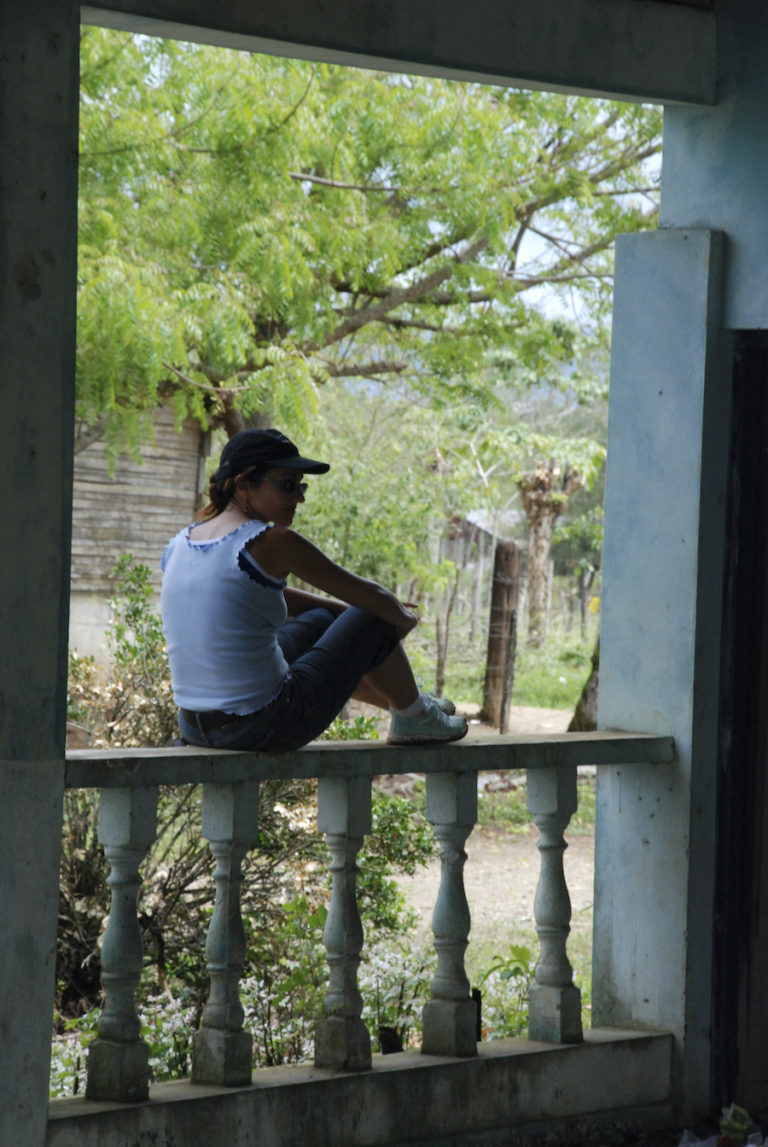Global Volunteer Education is the teaching and learning of how to do volunteer work at an international level and in a different country. Education at this level means learning different types of skills such as cultural education and reflection methodologies to consider the experience educative.
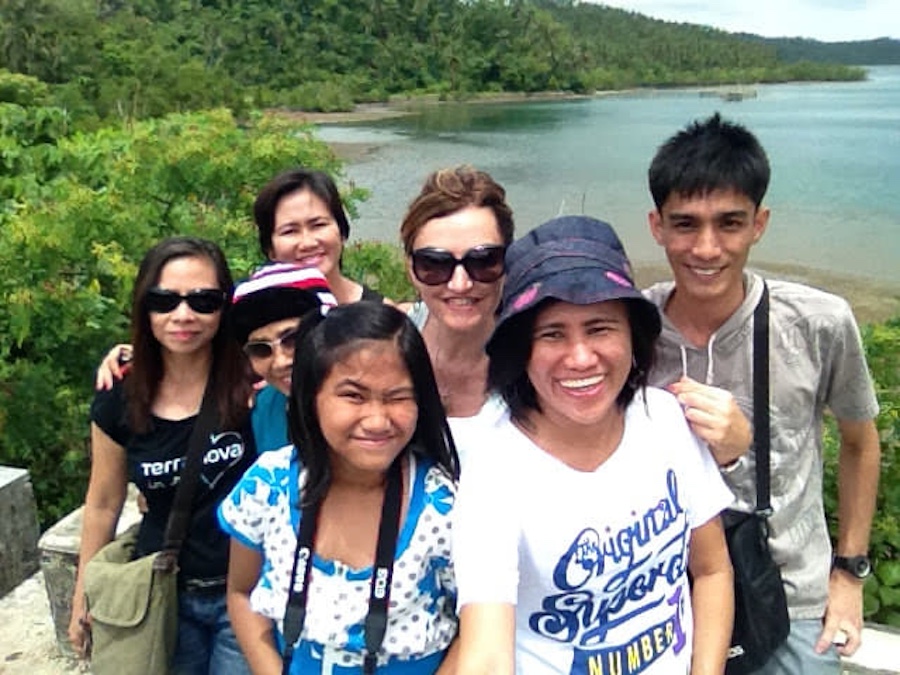
Here in the picture, we see “Elba,” a member of an NGO that was trained and prepared to assist and help this particular community. Without any preparation, the volunteering experience can be detrimental to the volunteer and or to the person/s receiving the assistance. As always, knowledge is power on any occasion.

The term volunteering means that someone (or a group) decides strictly willingly to benefit a cause via a group, a person, and or an organization without any monetary compensation. Volunteering can be a one-time event or a long-term commitment and be formal or informal. The key point is that it is optional, by choice, to assist a need with no financial gain at an international level -thus the global definition.
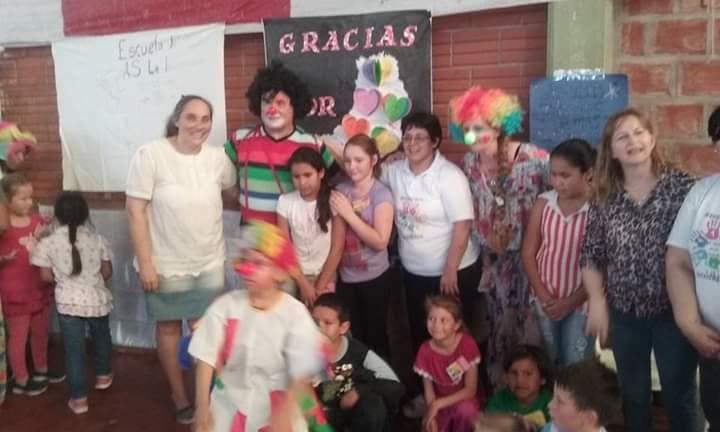
Research has demonstrated that volunteers who receive proper preparation, facilitation, and instruction tend to exhibit higher levels of productivity, motivation, and overall well-being. Establishing clear objectives and goals is essential in assessing and steering the effectiveness of any volunteer endeavor.
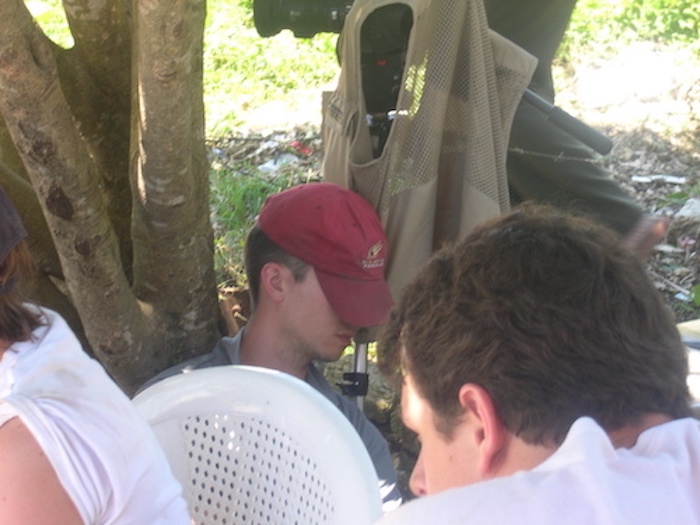
Volunteering can be quite challenging as many volunteer positions suffer from understaffing, low pay, and limited resources. Despite offering a valuable chance to develop skills and enhance personal strengths, it can also be a source of frustration. Success in a volunteer role requires a combination of determination and adaptability.
When pure sincerity forms within, it is outwardly realized in other people’s hearts.”
― Lao Tzu
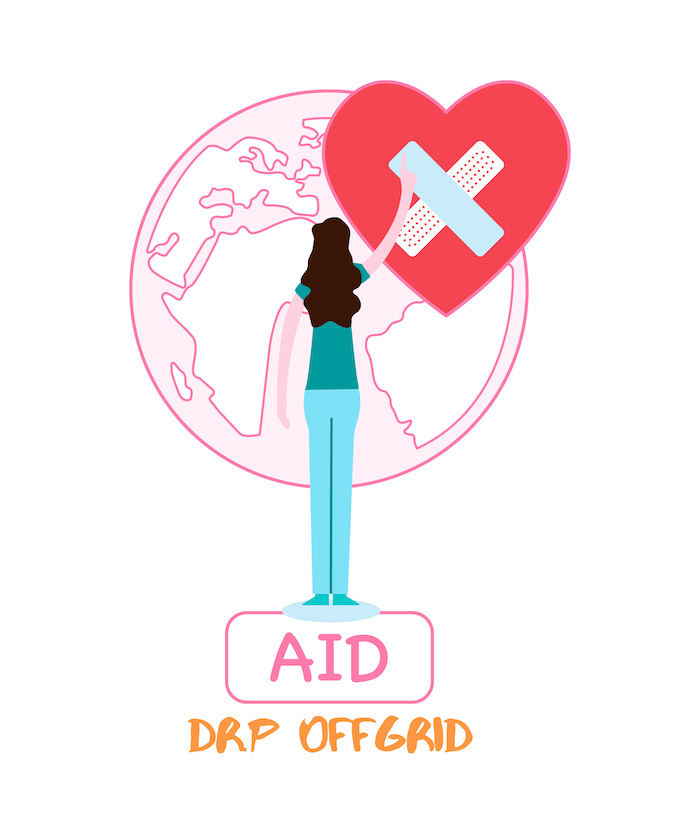
ELEMENTS of Global Volunteer Education
- Orientation with what who when where how and when
- Culture Education
- Framing the Organization
- Framing the Project
- Goals and Objectives
- Task preparation and skill building/Training
- Provide a facilitator for the volunteer/s
Volunteering vs Service Vs Service Learning
Keep in mind that the terminology definitions on this website strive to reflect a worldwide perspective. Unfortunately, many definitions have been borrowed or generalized from a single nation to others, leading to significant hegemony and discrimination. It is important to recognize that the laws of one country do not automatically extend to others in international law unless there is a mutual agreement in place.
While volunteering and service are similar in their core value, offering something to assist someone, it is important to understand the difference between the two.
Volunteering involves providing assistance or support to individuals or organizations that are in need.
Volunteering
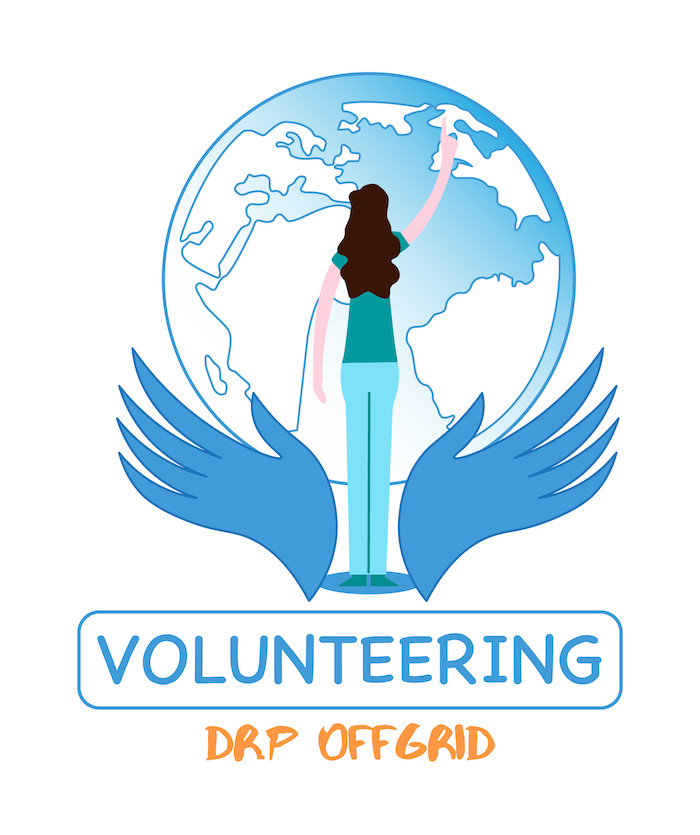
The term volunteering means that someone (or a group) decides strictly willfully to benefit a cause via a group, a person, and or an organization without any monetary compensation. Volunteering can be a one-time event or a long-term commitment and be formal or informal. The key point is that it is optional, by choice, to assist a need with no financial gain at an international level -thus the global definition. Here are some examples:
- Helping in a soup kitchen/meal center for people in need
- Participating in a beach cleanup
- Fostering an animal
- Helping a student do homework
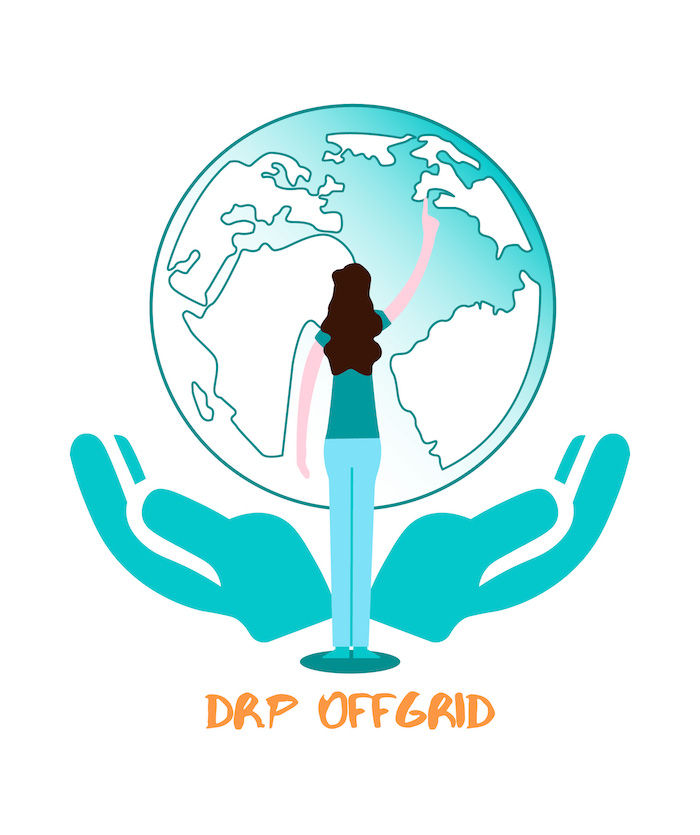
Service
Service is work done for the community by one person or a group, it is without monetary compensation. Service is done to benefit the community, to serve a country, a specific group of people, and for other reasons. Service is not always done voluntarily. Here are some examples:
- community service at a school as part of the school curriculum to graduate
- as a form of punishment for committing an offense someone has to do 40 hours a week of cleaning at a hospital
- compulsory military service such as in South Korea, Egypt, and Mexico between many other nations
Service Learning

Service Learning is the type of service where the experience is key in the learning process. The service is done by assisting a community’s need and the learning of a subject, applying academic knowledge, is done through assisting that need. Here are some examples:
- Teaching English while taking an English course
- Building a community center and taking a business course using that particular community as a case study
- Anthropology students helping with excavations in Egyptian sites
Dr. P’s Personal Tip
Volunteering should come from a place of sincerity and authenticity, without any expectation of monetary gain. It involves focusing on others rather than seeking personal recognition, and refraining from making quick judgments. Genuine volunteering is free from hidden motives, with the primary goal being a desire to assist others. While some may volunteer for self-serving reasons like enhancing their resume or gaining approval from others, it is important to prioritize genuine intentions in order to navigate common challenges encountered during volunteering, such as feelings of frustration or anger.
Studies have shown that there is NO correlation between a person volunteering and finding a job. This is more of a reason why not to be so practical when volunteering.
Volunteering can be short-term or long term and the majority of volunteering is for a one-time deal or short-term (one day to a week). There is no monetary compensation for volunteering and there should be no hidden agenda ex: volunteering because it looks good on a resume.

Aboriginal Community
TIPS for any type of Volunteer experience
- Patience. There is no volunteer experience that does not require this endurance trait. You might find that some places are disorganized, mostly due to a lack of resources, training, and or leadership.
- Do not fear frustration. We all get frustrated to some degree when we are unable to change or understand something.
- Be prepared. If you are not ready for this experience, the entire “giving” process can be stressful.
- Research the volunteer site and project and, if possible, talk to other people who have volunteered in your chosen spot. You might gain important insights that will help you understand.
- DR. P’s number one TIP. Research and find who you contact, and or hire, to set you up on the volunteer or service experience. You will be surprised to see how many third-party providers are making a huge cut for the post where you will be working. While it takes time and money to set up all logistics and some of these are much more complicated to set up in some regions of the world, it should not be extremely costly. Also, you do not want to hire a company/organization that hires another one and another one to do the placement…too many hands on one plate diminish the direct communication making the process more “iffy”!
- DR. P’s number one TIP. Research and find out who you need to contact or hire to set you up for the volunteer or service experience. You will be surprised to see how many third-party providers are taking a significant cut for the position where you will be working. While it takes time and money to set up all logistics, and some of the logistics can be much more complicated to arrange in certain regions of the world, it should not be excessively costly. It will cost money to participate and in cases where experts need to be involved even more. However this is not a travel agency type of work.
- BE AWARE that if you contact the organization directly, they might not have the expertise and/or the time to handle the logistics for you, such as housing, transportation, and all the necessary care you might require for the experience.



